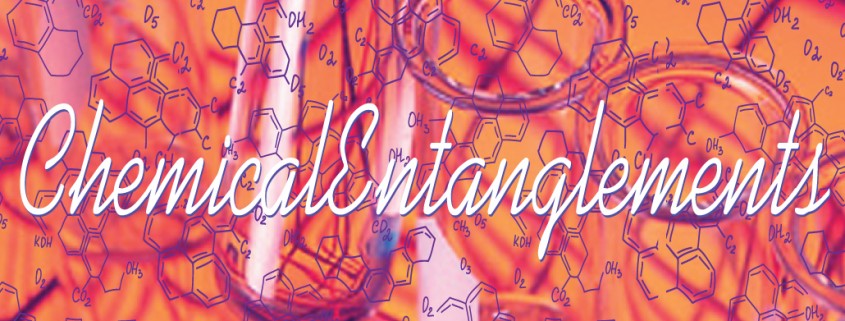
CSW
By Gracen Brilmyer, Graduate Student Researcher, UCLA Center for the Study of Women; Alexandra Apolloni, Program Coordinator, UCLA Center for the Study of Women; Rachel Lee, Director, UCLA Center for the Study of Women
Eating a Tide Pod might make for a good YouTube clip, but we all know that it’s dangerous.
However, it’s not just eating detergent that’s harmful. Many of the ingredients in common detergents and fabric softeners have not been rigorously tested for safety–and yet, we’re exposed to them through daily physical and respiratory contact.
Commonly used laundry, cleaning and personal care products contain endocrine-disrupting chemicals (EDCs), which can mimic hormones and disrupt one’s metabolism, even at low levels. EDCs are present in synthetic fragrances, which can cause more immediate adverse reactions including headaches, respiratory difficulty and difficulty concentrating.
Exposure to these chemicals is actually a feminist social justice issue. Since women perform a disproportionate amount of domestic labor (such as housekeeping, laundry, etc.) and use more personal care products, they are more exposed. Additionally, environmental pollution is often concentrated near where people of lower economic status or people of color live.
There has been little effective chemical regulation in the United States, but feminist environmental and disability activists are pushing for change on this issue through organizations like Women’s Voices for the Earth, Canaries Collective, and others. Women scientists have also been innovators in this area: UCLA’s the Center for the Study of Women (CSW) is currently building on Anne Steinemann’s work on consumer product emissions, Ana Soto’s discoveries on the endocrine-disrupting potential of BPA and Claudia Miller’s research on illness caused by exposure.
CSW’s Chemical Entanglements initiative is mobilizing UCLA students and faculty to be leaders in these efforts. Chemical Entanglements is a multi-pronged initiative that involves public events; undergraduate and graduate mentorship, writing and research; and collaboration across departments and communities. We’ve created original artwork for educational materials with artist/activist Peggy Munson; we’ve gathered researchers and activists from across the country at an innovative symposium that explored new approaches to public health and education; we’ve begun to document the social and cultural histories of chemicals and the people whom they’ve harmed; and we’re surveying UCLA students to assess how much of an issue chemical sensitivity is on our campus. Ultimately, we want to change policy so that our communities can be safer and healthier, and we want to raise public awareness so that people can better protect themselves and others from exposure to toxins.
Our CSW Undergraduate Research Group is on the front lines of this work. Students Vivian Anigbogu and Sophia Sidhu have been using UCLA’s archives to document the history of scent and fragrance in manufacturing. Sophia has created an interactive timeline that traces the development of synthetic detergent and the introduction of the carcinogenic additive 1,4-Dioxane in Tide products, while Vivian has shown how the history of racism ties to the history of soap advertising. Undergraduates are also leading the way to make campus healthier. Hannah Bullock has developed a survey that we are beginning to roll out across campus. The survey will help us understand how UCLA students are impacted by chemical exposures, including, for instance, whether the smells of fragrances make it more difficult for them to concentrate while taking tests or live safely in their dorms. Our students are also developing outreach and education resources, including a short film produced by members of last year’s undergraduate group. It depicts the kinds of exposures a UCLA student might encounter on an average day.
You may be wondering, other than avoiding the temptation of a deliciously colorful tide pod, what can you do to keep yourself safe?
- Use products that are labeled “fragrance free”
- Avoid products that have “parfum” or “fragrance” in their ingredient list (these are prevalent in scented shampoos, lotions, deodorants, etc.)
But this kind of consumer activism can only go so far: exposure to EDCs is an issue that impacts everyone, and disproportionately impacts people who are the most marginalized and can’t afford “safer” “green” products or move to less polluted neighborhoods. Through Chemical Entanglements, we hope to build toward policy change that will support the health of people of all genders.
For more resources and information visit CSW’s Share the Air website.
Learn more about the Chemical Entanglements project.
Watch videos from the Chemical Entanglements symposium.
Participate in a survey to help CSW learn more about the impact of fragranced products on UCLA students.


